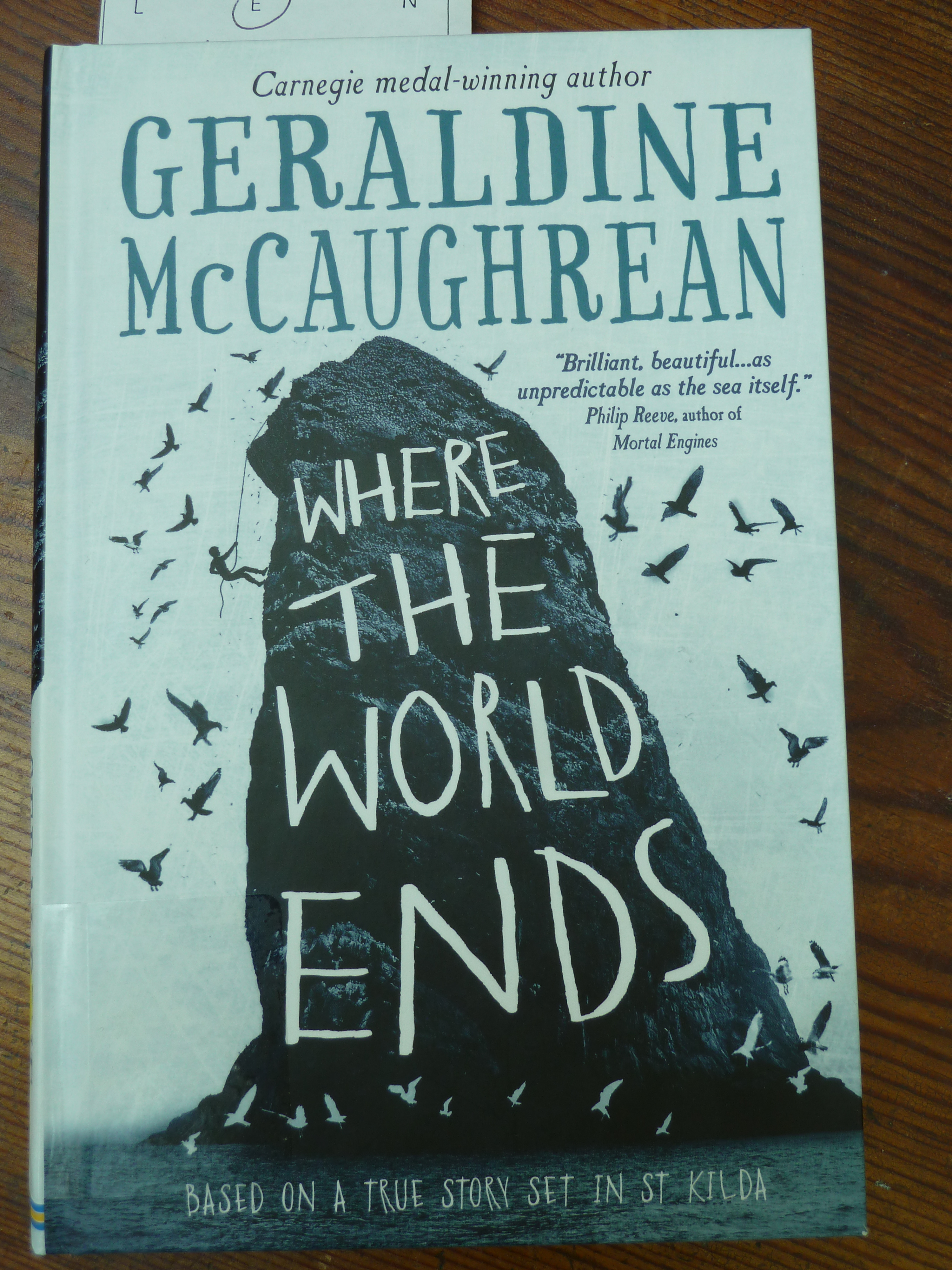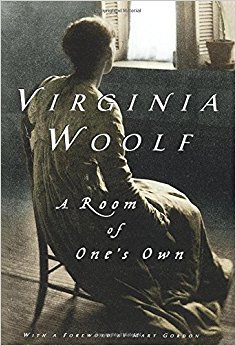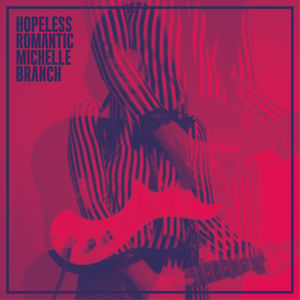
Extract:
Quill said: ‘Hello. I’m King Gannet. Remember me?’
The soft mutterings went on, the bird rocking to and fro, balancing her great wings on one foot at a time.
‘Has the world ended, d’you know?’
The garefowl opened wide her stubby, flightless wings and rattled them. Lit by the setting sun, the spray fanned out like golden seed. Her flat feet made patterns on the landing place, which the next wave wiped out. She mumbled to herself, hoarse and crabby. But after a time, the noise came to sound more Gaelic with a thick, mainland accent. And, inside his head, Quill could see Murdina Galloway printing the sand with her bare, white feet. He could even hear her singing:
The Water is wide, I cannot cross o’er
And neither have I wings to fly.
Something has happened on Hirta. End or the world or not, their people were not coming to fetch them off the Stac.
(Where the World Ends by Geraldine McCaughrean. P73.)
Synopsis:
Once a year, boys from St Kilda go out to a remote sea stac to harvest birds. The trip is a rite of passage, which a boy must prove himself worthy of joining. In the Summer of 1727, three men lead a group of boys out to the stac. No boat returns. Fear and religious superstition lead the boys to wonder whether the world has ended. These stories are encouraged by self-appointed minister Col Cane.
Quill is one of the eldest boys. He looks out for the younger boys, who are battered by storms and afraid God’s angels have left them behind on an empty planet. Quill tells the boys stories, offering them alternative narratives.
The boys survive day by day, waiting for a boat from St Kilda or an angelic host. Nobody on Heaven or Earth seems to remember they boys are out there.
Review:
In the ice-lolly tag, I referenced Geraldine McCaughrean as the most versatile author. Her settings vary from a dilapidated music hall, the Australian outback, Noah’s Ark and the Arctic, (is there a propensity towards the edge of civilisation? The wastelands?) Her stories begin with her characters. McCaughrean is great at drawing conflict from the opposing wills of her characters.
I loved the setting. When people say outcast story, I think of Pacific islands, and the Amazon jungle. The bleakness of a far-flung Scottish island works equally well. It is easy to image how the boys might believe they were the only people left in the world.
Quill creates narratives which counter those of Col Cane, the self-appointed ‘minister’. Col Cane uses religious scare-mongering to control the group. A distinction is made between Euan, who truly believes God is watching over him, and Col Cane who uses religious narrative to his advantage. The novel’s main theme is how we create stories when we need to believe something. Quill doesn’t believe the world has ended, but he imagines the voice of pretty Murdina Galloway when he needs to believe his own advice.
Where the World Ends is an interesting historical narrative. McCaughrean details the importance of hunting birds to the island’s residents, and brings St Kilda of the 1700s to life by forming a set of stoical ideals. There is also some exploration of gender inequality, and how men react differently to women than to fellow men. Quill is advised by his friend Murdo that if he loves a woman, he should ‘put a fence around her’, to make her his own. It doesn’t occur to Murdo that the decision might be made between two people.
McCaughrean’s writing is sublime. I love her character descriptions. She writes beautiful descriptions of people’s habits, which summarize their characters. Col Cane, for example ‘thought God was on the other end of the bell rope, and he pulled it to get the Almighty’s attention’. We know from this description Cane seeks God’s favour, but refuses to listen to the people around him. I imagine that bell, drowning out the (real) voices which speak to Cane. Cane is certain he will get acknowledgement from someone almightier, if only he makes enough noise.
Where the World Ends went beyond my (very high) expectations. It is the work of someone who has written well for decades. It is a triumph.
Advertisements Share this:




